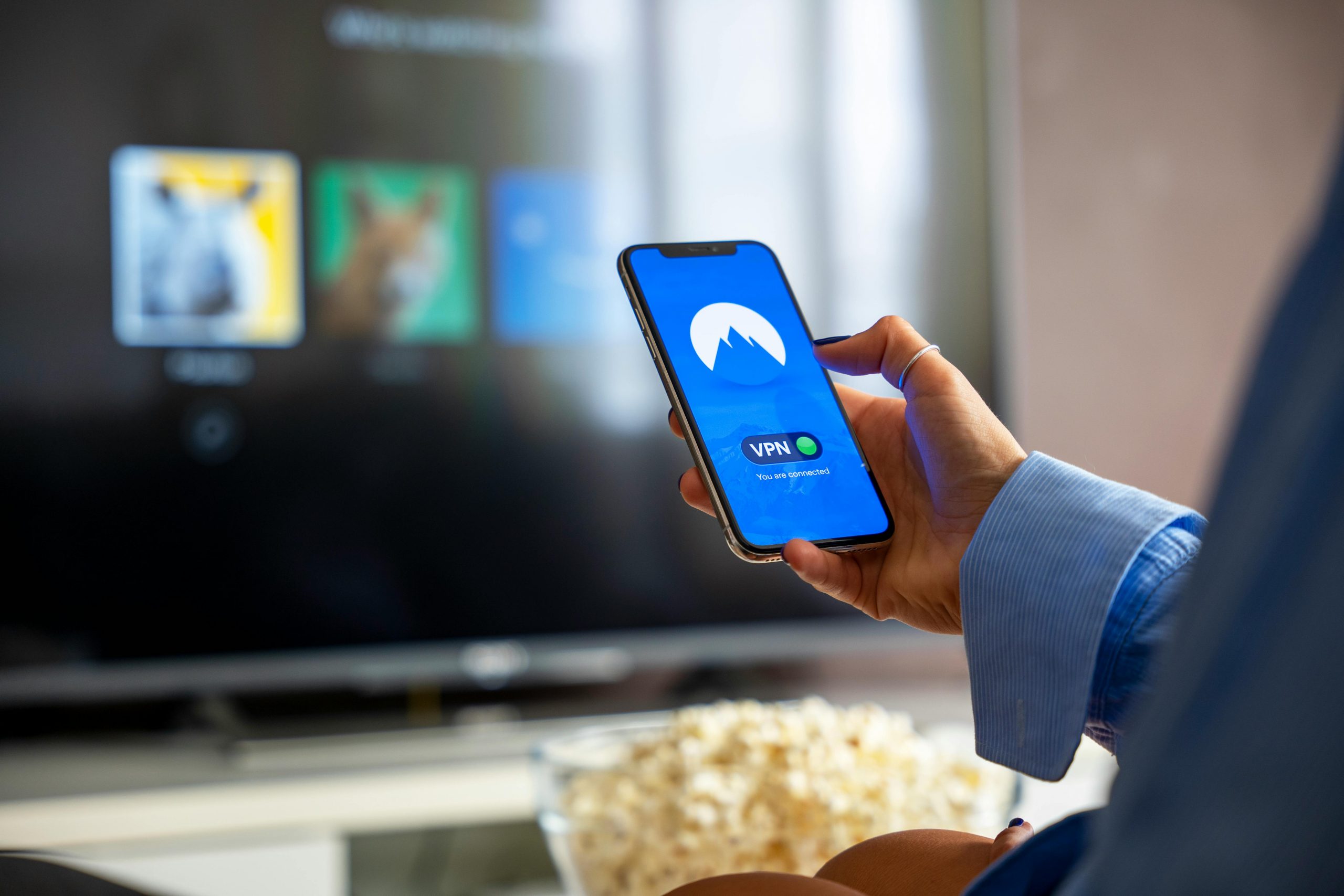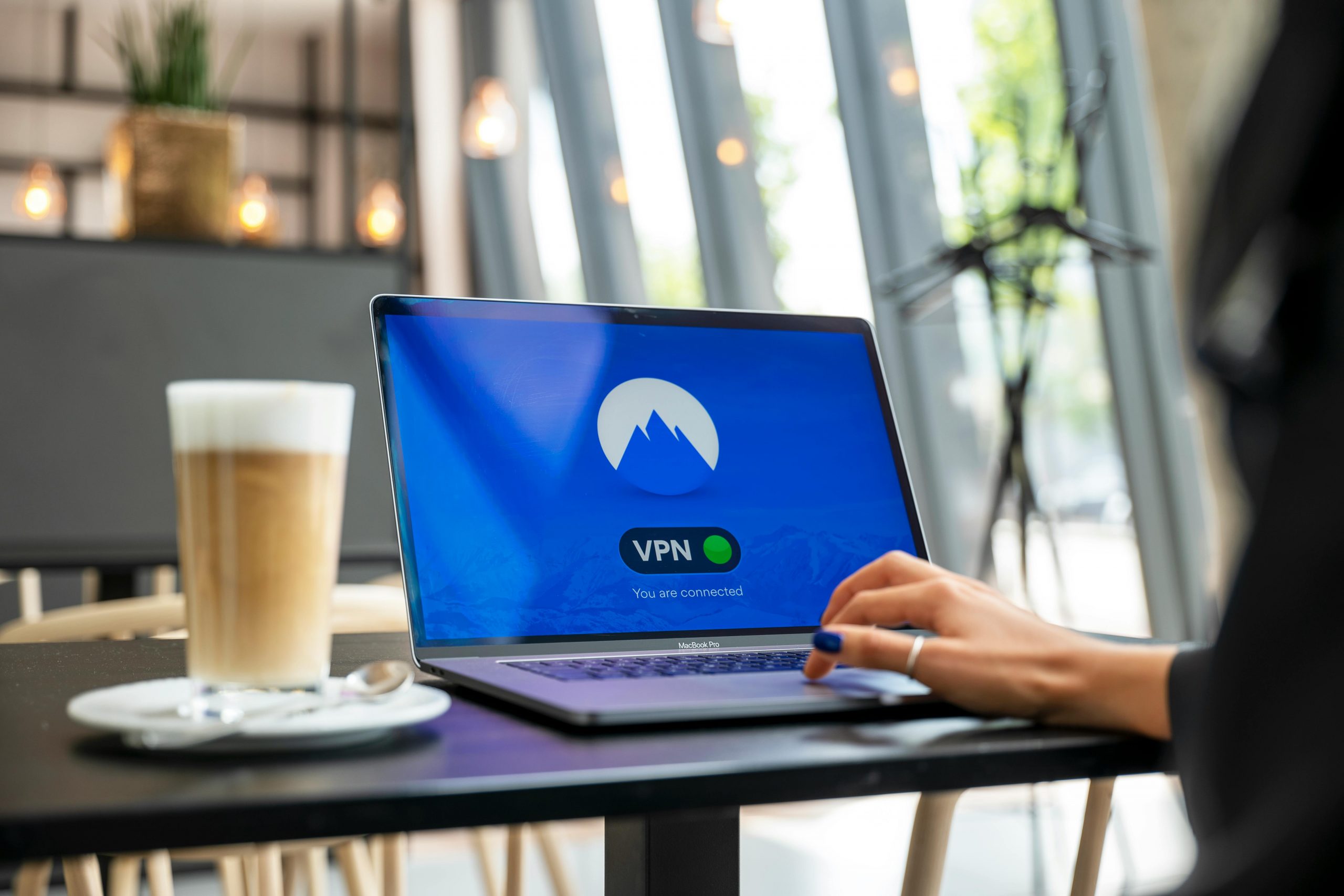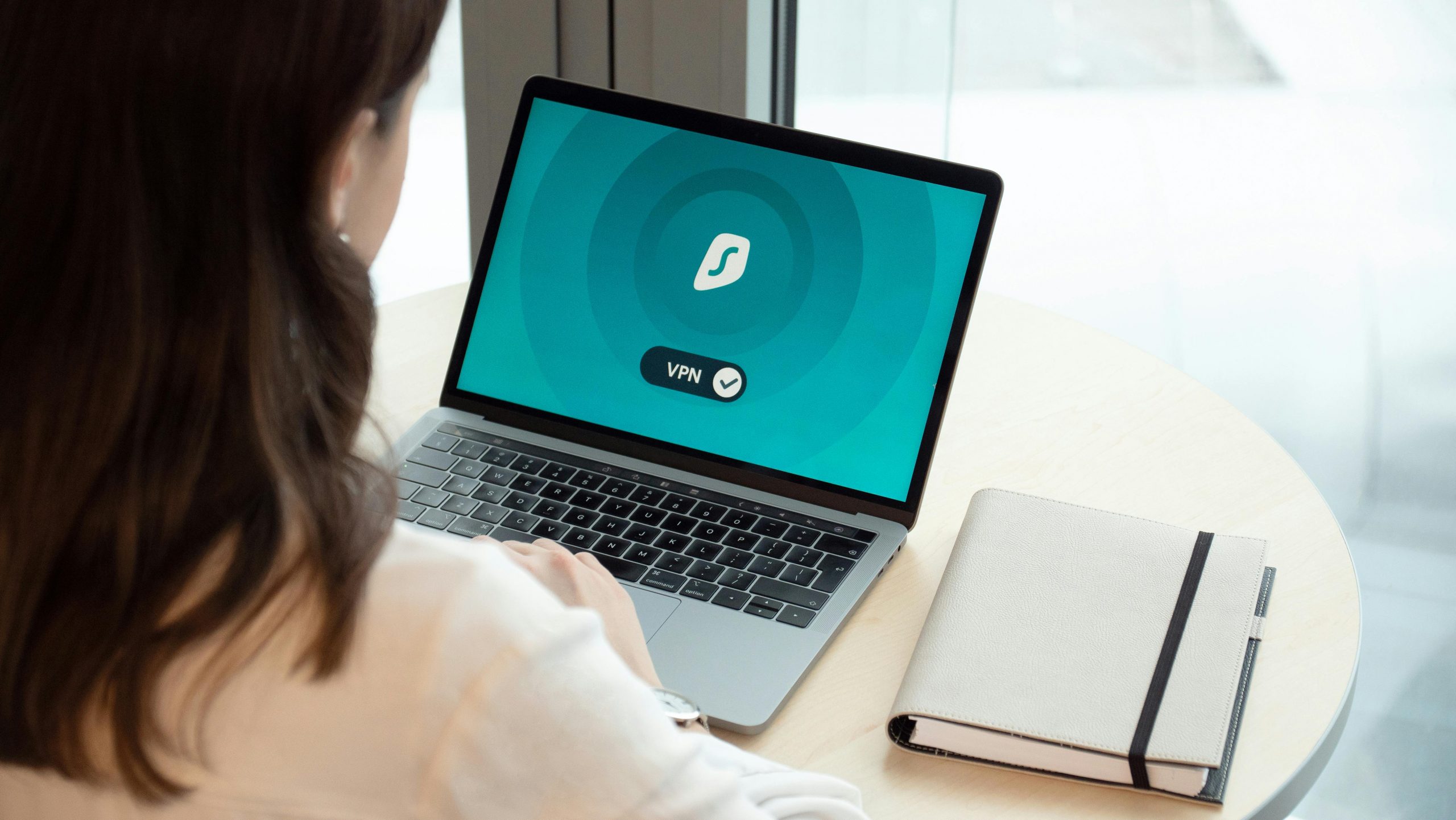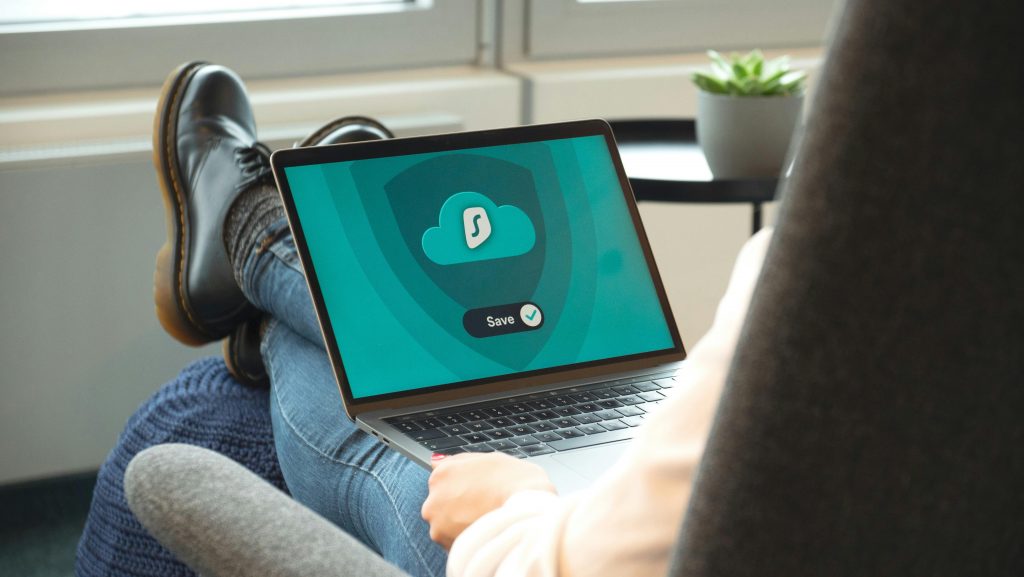A Virtual Private Network (VPN) is a tool that protects your online activity. It works by hiding your IP address and encrypting your internet connection, making it harder for others to track what you do online. Many people use VPNs to stay private, browse safely on public Wi-Fi, or access content from other countries.
But are VPNs legal? The short answer is yes—in most parts of the world. However, there are exceptions and important rules to understand. This article will help you learn where VPNs are legal, when their use might be restricted, and how to stay on the right side of the law while protecting your privacy online.
What Is a VPN?

Before we dive into the legal details, let’s review what a VPN actually does.
A VPN (Virtual Private Network):
- Encrypts your internet traffic
- Hides your IP address
- Lets you appear as if you’re browsing from another location
- Protects your data from hackers on public Wi-Fi
- Helps bypass content blocks or censorship
People use VPNs for all kinds of reasons—from watching shows on another country’s Netflix to keeping their personal info private while banking online. But while the technology is useful and legal in most places, how you use it matters.
Are VPNs Legal in the United States?
Yes, VPNs are legal in the US.
In fact, many US companies and remote workers rely on VPNs every day to protect business information. There are no laws banning personal VPN use in the United States.
However, using a VPN to hide illegal activity—like downloading copyrighted content without permission or accessing banned websites—is still against the law. A VPN doesn’t make illegal actions legal; it just makes them harder to trace.
Key Takeaway: Using a VPN in the US is legal, but using it for illegal things is not.
Are VPNs Legal in Other Countries?
VPN laws vary around the world. Here’s a breakdown:
Countries Where VPNs Are Legal
Most democratic countries allow VPN use, including:
- Canada
- United Kingdom
- Australia
- Germany
- France
- Japan
In these countries, VPNs are often used to increase privacy, especially when accessing public Wi-Fi or working remotely.
Countries With Restrictions
Some countries allow VPNs, but only if you use a government-approved service. In these places, the government may monitor VPN activity or limit what content can be accessed.
Examples include:
- Russia
- Turkey
- United Arab Emirates (UAE)
Using an unapproved VPN in these countries can lead to fines or other penalties.
Countries Where VPNs Are Banned or Heavily Restricted
A few governments have fully banned or tightly controlled VPN use:
- China: Only government-approved VPNs are allowed. Many popular VPN services are blocked.
- North Korea: Internet access is limited, and VPNs are not allowed.
- Iran: VPN use is technically restricted, and only licensed providers are legal.
Tip: Always check the laws of a country before using a VPN while traveling there.
Why Do Some Countries Ban VPNs?
VPNs allow users to bypass restrictions and access uncensored content, which can conflict with the goals of some governments. In countries where internet use is heavily controlled, VPNs are seen as a threat to government authority. These governments may restrict or ban VPNs to maintain control over what citizens can see, read, and share online. By limiting VPN use, they aim to enforce national censorship laws, protect state narratives, and reduce exposure to foreign ideas.
Common reasons for banning or restricting VPNs include:
- Limiting access to foreign news: Governments may want to prevent citizens from reading international news outlets that offer different viewpoints or critical coverage.
- Blocking websites that criticize the government: Some sites host content that challenges a government’s actions, policies, or reputation. VPNs can bypass these blocks.
- Preventing people from avoiding internet censorship: VPNs allow users to access social media platforms, news sites, or messaging apps that may be banned in their country.
Despite the restrictions, many people in these countries still quietly use VPNs to gain access to the open internet. While this can be risky, it shows how valuable uncensored information is to people around the world.
What Happens If You Use a VPN Illegally?

Using a VPN in a country where it’s banned or using it for illegal activities can lead to serious consequences. While many people use VPNs to protect their privacy, bypassing censorship laws or engaging in criminal activity while connected to a VPN can get you into legal trouble. The severity of the punishment often depends on local laws and how strictly they are enforced.
If you use a VPN illegally, you could face:
- Fines: Some countries issue monetary penalties for using unauthorized VPN services or violating internet laws.
- Internet service suspension: Your internet access could be temporarily or permanently cut off by your service provider.
- Criminal charges (in severe cases): In places with strict laws, you might be prosecuted or even jailed for VPN misuse.
- Confiscation of devices: Authorities may seize your phone, computer, or other connected devices for investigation.
Important: Even if VPNs are legal in your country, using them to commit crimes—such as hacking, identity theft, or fraud—is still illegal and subject to prosecution. Always follow local laws and use VPNs responsibly.
Legal vs Illegal Use of VPNs
It’s important to understand the difference between using a VPN legally and using it illegally. Here are some examples:
Legal Uses of VPNs:
- Protecting your data on public Wi-Fi
- Accessing streaming services when traveling
- Remote work security
- Browsing anonymously
- Avoiding location-based pricing
Illegal Uses of VPNs:
- Downloading pirated movies or games
- Accessing websites banned in your country
- Hacking or launching cyberattacks
- Hiding your identity while committing fraud
Remember, a VPN is a privacy tool—not a get-out-of-jail-free card.
Are VPNs Safe?
Yes, VPNs are generally safe to use—if you choose a reputable provider. A good VPN protects your personal data, hides your IP address, and helps you browse more securely. But not all VPNs are equal. Some free or lesser-known options may actually put your privacy at risk by tracking your activity or selling your information to advertisers.
Here’s what to look for in a safe VPN:
- No-logs policy: This means the VPN doesn’t keep records of your online activity, ensuring your browsing history stays private.
- Strong encryption: Your data is scrambled so others can’t read it—even if they intercept it.
- Fast connection speeds: A reliable VPN won’t slow down your internet too much, making it ideal for streaming or downloading.
- Clear terms of use: Trusted VPNs will have straightforward policies and won’t allow illegal or shady activity.
Avoid free VPNs with poor reviews. Many free providers make money by logging and selling your data. If privacy matters to you, stick with well-known, trusted services like:
- NordVPN
- ExpressVPN
- Surfshark
- ProtonVPN
These providers are known for strong privacy protections, fast speeds, and transparent policies.
How to Choose a Legal VPN
Not all VPN services are created equal. Some may be legal but still risky due to shady privacy practices or poor security. When choosing a VPN, it’s important to pick a service that protects your data and follows the law.
Tips for choosing a safe, legal VPN:
- Check where the VPN is based: VPNs located in countries with strong privacy laws (like Switzerland or Panama) are usually safer.
- Read the privacy policy: Make sure the VPN does not collect or store your online activity (a no-logs policy).
- Look for good customer reviews: Avoid free VPNs that have lots of negative feedback or data-leak issues.
- Avoid VPNs that promise to unblock everything: Some VPNs may offer illegal services, which could put you at risk.
Using a reputable VPN keeps you safe and ensures you’re not accidentally breaking any laws.
When You Should Use a VPN
VPNs can be helpful in many everyday situations—not just for hiding your IP address or watching region-locked content. Here are some of the most common (and legal) reasons to use a VPN:
- Public Wi-Fi security: A VPN protects your data when using public networks at coffee shops, airports, or hotels.
- Traveling abroad: Some websites and streaming services may be blocked in other countries. A VPN helps you access them safely.
- Remote work and study: VPNs keep your personal and work information safe when using online platforms.
- Avoiding tracking: VPNs make it harder for websites and advertisers to track your location or browsing habits.
VPNs can protect your identity and give you more privacy online—just make sure you’re using them the right way and in a country where they’re allowed.
VPNs for Business Use
VPNs aren’t just for personal browsing—they’re also important tools for businesses. Many companies use VPNs to protect sensitive information, especially when employees are working remotely. A business VPN creates a private and secure connection between a worker’s device and the company’s internal network. This helps protect data from hackers and ensures only authorized users can access important files or systems.
Here’s what a business VPN typically does:
- Creates a secure connection to work networks: Employees can safely log in to company systems from anywhere in the world.
- Prevents unauthorized access: Only users with the correct credentials and encryption keys can connect, which keeps cybercriminals out.
- Supports compliance with data privacy laws: VPNs help businesses meet legal requirements for data protection, especially when handling personal or financial information.
Business VPNs are legal and essential for modern organizations. Whether it’s a small business or a global company, using a VPN can improve security, protect customer data, and keep remote work efficient and safe.
FAQs About VPN Legality
Can I be tracked if I use a VPN?
While VPNs hide your IP address, you can still be tracked through other means like browser fingerprinting or cookies. They reduce tracking but don’t eliminate it entirely.
Do I need a VPN for normal internet use?
Not necessarily. But if you value privacy, travel often, or use public Wi-Fi, a VPN adds extra protection.
Is it legal to use a VPN for streaming?
Yes, but it may go against the terms of service for platforms like Netflix or Hulu. It’s not a crime, but your account could be limited.
Final Thoughts
Are VPNs legal? In most countries—including the United States—the answer is yes. VPNs are valuable tools that help you stay safe online, protect your personal information, and browse without limits.
Still, laws can change, and using a VPN for illegal purposes can get you into trouble. So before using a VPN in a new country, do your homework. And no matter where you are, choose a trusted VPN provider and use it responsibly.
Privacy is your right. Just make sure you’re protecting it the right way.

